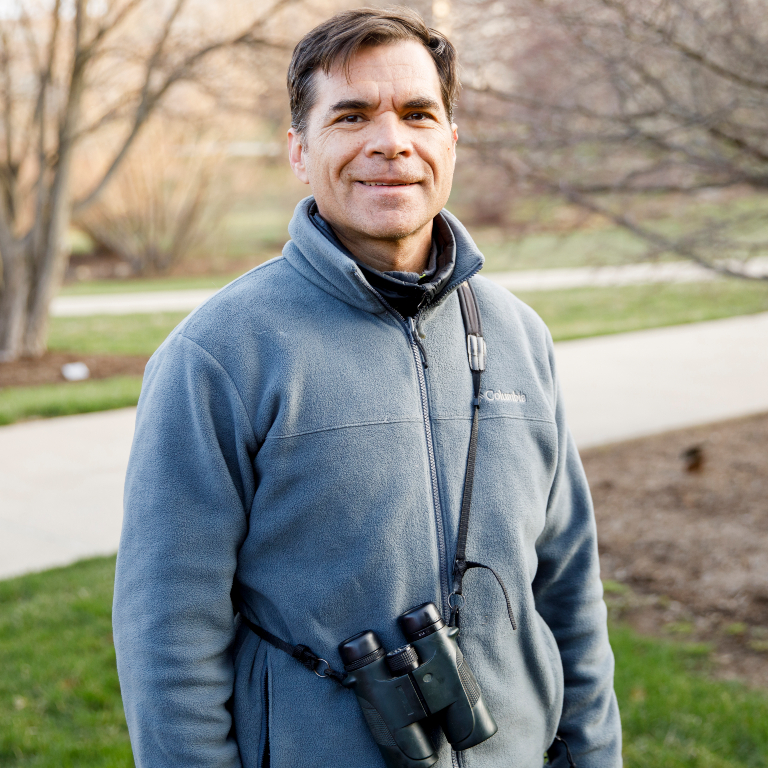Birds tweet, squawk, chirp, hoot, cluck, and screech to communicate with each other. Some birds have found another way to talk, though: they make sounds by fluttering their feathers or smacking their wings together really fast. Scientists just discovered another species that makes sounds with its feathers, a bird from the American tropics called the Fork-tailed Flycatcher. And by analyzing recordings of the birds in flight, the researchers found that subspecies with different migration patterns have different "dialects" to their feather sounds, possibly helping contribute to them splitting into separate species.
"We already knew from past genetic analysis that the two groups are becoming different species, so we wanted to know if there were any differences in the sounds that the males produce with their wings," says Valentina Gómez-Bahamón, a researcher at Chicago's Field Museum, a PhD student at the University of Illinois at Chicago, and the lead author of a new paper in Integrative and Comparative Biology. "We not only confirmed the way that these birds make sounds with their feathers, but that the sounds are different for the two subspecies."



